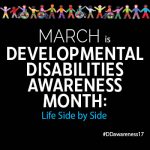
International Women’s Day 2017:
#BeBoldForChange
International Women’s Day and Women’s History Month: In the US and most countries around the world, women with disabilities have faced multiple hardships in the form of reduced access and sometimes outright discrimination in education, housing, and employment – both as women and as people with a disability. In addition, women of color often face a third challenge. A blog writer took a look back on 14 remarkable women of color of the past who have made powerful differences for the present and the future.
As February was Black History Month and March is Women’s History Month, we’ll examine the intersection of the two through the lens of disability. Many notable African American women made lasting contributions despite their disabilities. It is important, however, to “see the person, not the disability.” The late Australian comedienne and disability advocate coined the term inspiration porn in protest that people with disabilities should be objects of inspiration to make non-disabled people feel good.
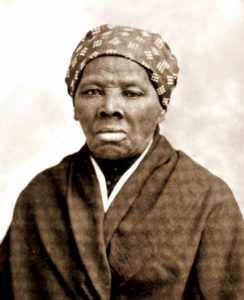
Harriet Tubman (1822–1913)
Harriet Tubman (1822–1913), abolitionist known for her work on the Underground Railroad, suffered epileptic seizures. Because of her short stature, she was seen among slave owners as disabled, a low risk of escape.
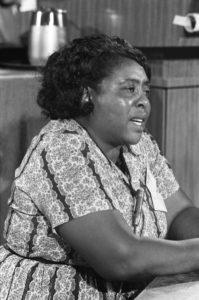
Fannie Lou Hamer (1917–1977), Civil Rights Activist
Fannie Lou Hamer (1917–1977), was a civil rights activist who suffered physical disabilities from childhood polio.
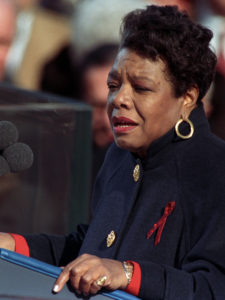
Maya Angelou (1928–2014), was laureate poet and wrote a series of memoirs.
Maya Angelou (1928–2014), laureate poet, found a voice in her memoirs and poetry. As a child, she developed selective mutism after a sexual assault.
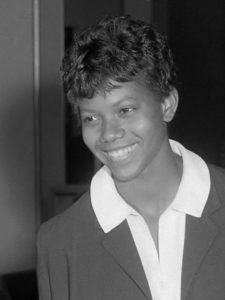
Wilma Rudolph (1940–1994), track and field Olympian
Wilma Rudolph (1940–1994) overcame childhood paralysis from the polio virus to become a track and field Olympian, the fastest woman in the world.


